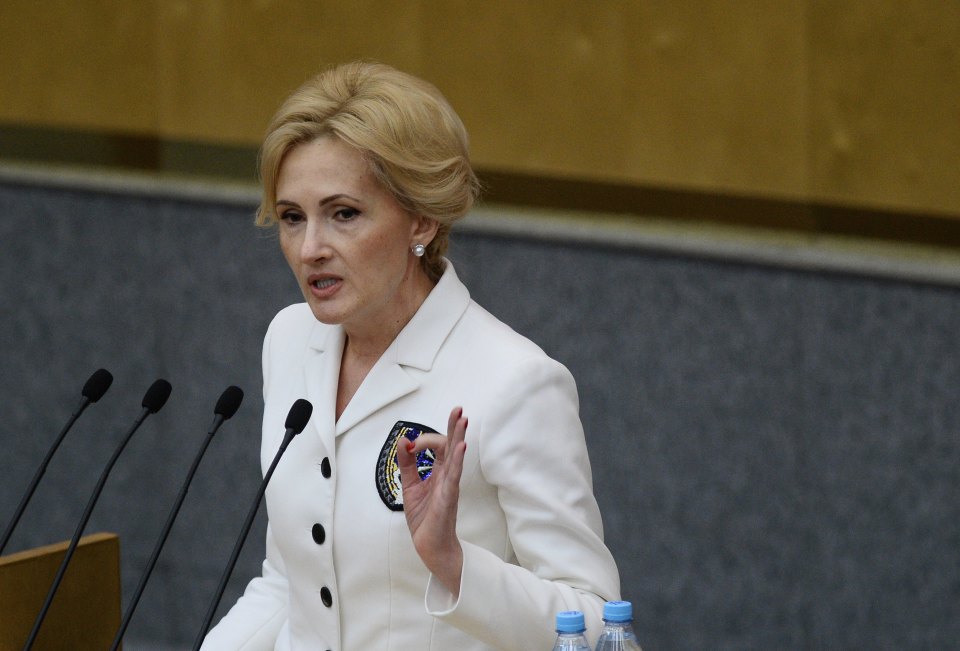Spring Law, commonly known as the “Spring Package”, are several bills passed by the State Duma on July 6, 2017. The event caused a great resonance in society. In independent media and the Internet community, these laws have been criticized in almost all directions, although initially the goal was positive and true - countering extremism and terrorism.
Why were measures pursuing extremely noble goals so unpopular? To understand this, you need to consider that this is Yarovaya’s law (in simple words), and also answer a number of questions that will be discussed in detail below. And now a little about the author of the project.
About the author of the project: Irina Yarovaya
Federal law Spring is named after the current deputy from the party "United Russia" Irina Anatolyevna Spring. Since 2008, she has been a member of the General Council. The beginning of Irina Anatolyevna’s political career strongly contradicts her current position in politics. She began her activities in the Yabloko party, which is in opposition to her current party affiliation.
Some time ago, Irina Anatolyevna, as a member of the Council of Deputies in the Kamchatka Region, headed the Yabloko faction and actively opposed the policy of United Russia. Repeatedly ran for the State Duma, not stopping her political activities in Yabloko and in opposition to the leadership of the Kamchatka region.
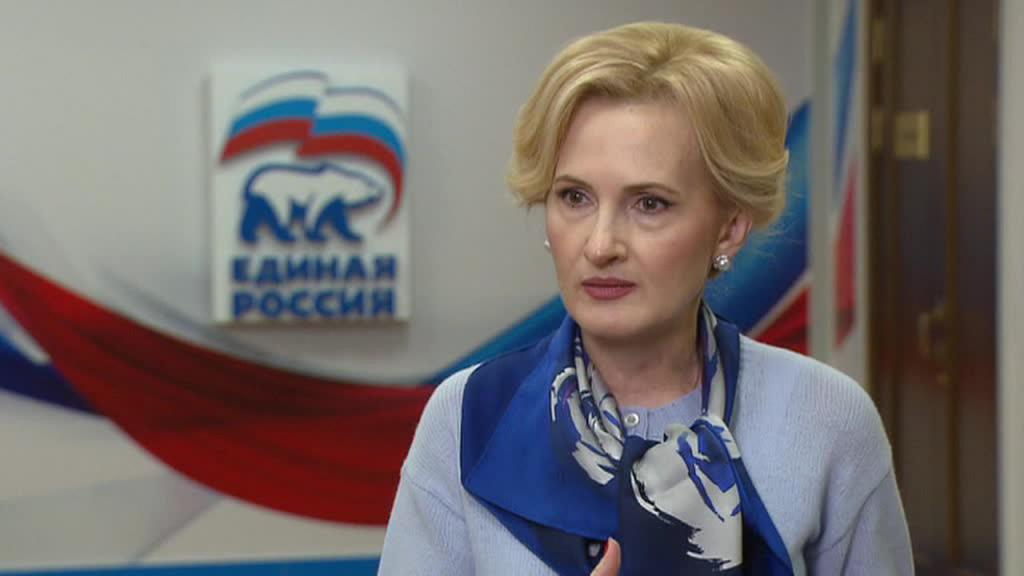
In 2003, Irina was offered to go to United Russia, but she refused. In 2007, she left the Yabloko party and moved to United Russia because she wanted to move to Moscow for permanent residence. According to the results of the next election, she took second place, but still received a deputy mandate due to the fact that the winner refused him.
In the Duma, she became known for creating bills that related to restrictions on rallies, tightening migration policies and many other areas. The most famous her brainchild in the political field was the law of Spring. We will consider its essence further.
The essence of the amendments Spring to the Criminal Code
Spring law - what is it? In simple words, these are two separate bills that introduce several amendments to the Federal Law "On Countering Terrorism" and other normative acts that relate to the same issue, as well as to some articles of the Criminal Code. Both parts of the package were accepted on July 6, 2017.
The first part is Law No. 374-FZ. According to Yarovaya’s law, mobile operators and providers are required to store a lot of data about users on their demand servers by law enforcement agencies or other authorized services. Information will be stored on visiting Internet pages, recording calls and messages. This part of the federal law Spring has caused the greatest public outcry, because the Russians considered it a violation of the right to privacy.
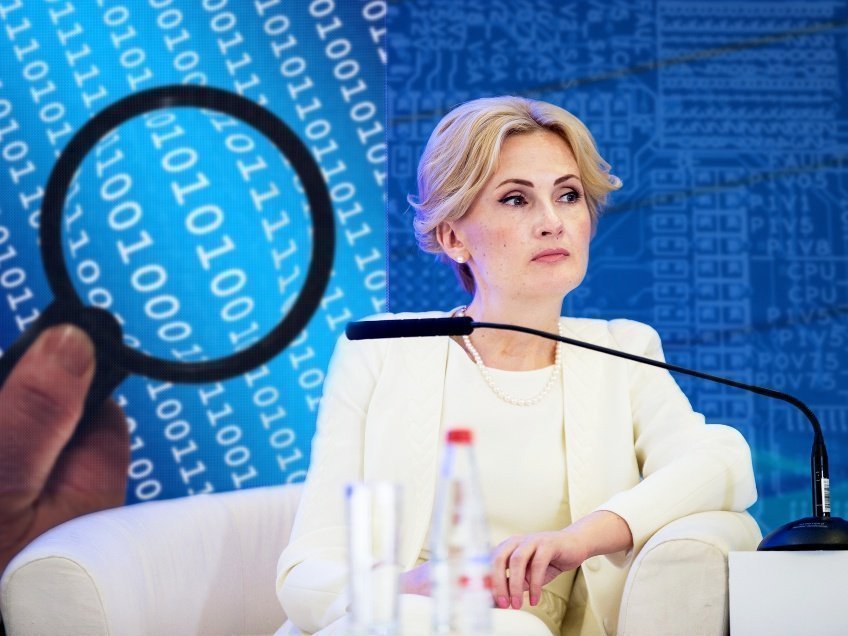
The second part is Law No. 375-FZ. The text of the law introduces several amendments to the Criminal Code of the Russian Federation. The deadlines for articles on the promotion of terrorism, participation in terrorist and extremist activities, agitation for these types of activities, as well as many other articles related to countering this illegal activity, have increased. Federal law allows you to prosecute adolescents from the age of 14 for participation in terrorist groups. One of the innovations is “non-reporting”, that is, failure to report a crime. Since the entry into force of the Spring Law, this is a criminal offense.
The new definition is the term “act of international terrorism”. In short, this is a terrorist act committed outside the Russian Federation, if the citizens of the Russian Federation, their life and integrity were endangered. In addition to the main points, the law introduces a huge number of amendments and additions to the legal field of the Russian Federation regarding terrorist activities.
The texts of laws (document No. 374-ФЗ consists of nineteen articles, No. 375-ФЗ - of four) are simple to read. They can be found on the official website of the government of the Russian Federation. They are written in an accessible language, which excludes any other interpretation than was intended by the author.
What threatens the law to citizens of the Russian Federation
The essence of the laws of Spring is outlined above. On July 20th of last year, the project entered into force. What does this mean for citizens of the Russian Federation? Religious beliefs and organizations are not prohibited, but the dissemination of information about them to people who have not clearly expressed their desire to learn something, and without special permission, is now punishable. The fine will amount to 50 thousand rubles for individuals and up to 500 thousand for organizations.
Storage of data by operators (all calls and correspondence of Russians) for up to six months and a contact history of up to three years threatens a rise in communication costs. To store one person’s data, the operator will have to buy ten external drives of four terabytes, which is about $ 1,700.
All telecommunications companies must decrypt the personal information of users for the FSB. Authorities can access cash transactions and private messages. The Human Rights Council said that the law is contrary to the Constitution. And decryption technology needs to be invented. Most global companies will not agree to this, because the encryption key storage center can become a bait for attackers. They will also “peek” not only at email, but also at regular email. Therefore, the parcels will begin to scan.
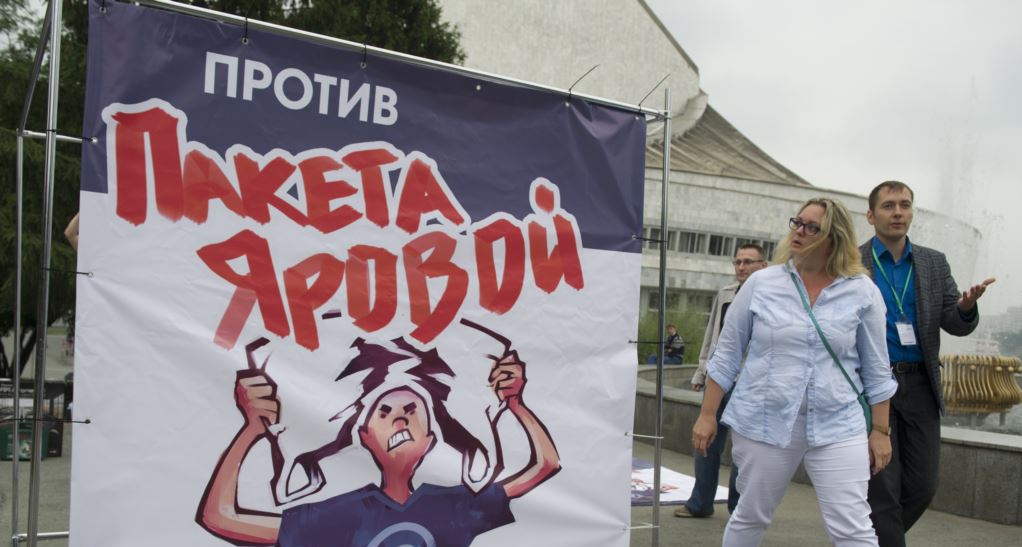
According to the law of Spring, in Russia now from the age of 14 teenagers can be prosecuted under 32 articles (instead of 22). Juvenile citizens are now responsible for participating in the riots: hijacking an aircraft, inciting ethnic hatred in social networks. For most articles relating to terrorism and extremism, penalties have been tightened. All this is only part of what Yarovaya’s amendments contain.
Terms for telecom operators
What is the law of Spring? In simple words, this is a violation of subscribers' privacy rights, but proponents of the package say otherwise. It is believed that this is a necessary part of the law that will allow more effective counteraction to terrorism. The first legislative act of the package amended the work of operators and providers, as well as telecommunications companies. These organizations are now required to create databases and store user conversations and messages. Data will be stored in data centers and transmitted to law enforcement agencies at the request of the latter.
In addition to interfering in personal life, this law provides for a rise in the price of cellular communications, which was not reported to their subscribers by mobile operators. Storage of such volumes of data is a very expensive procedure, requiring significant costs that are comparable to the budgets of entire countries. Huge funds require the construction of a data center and ensuring the smooth operation of the network. There is currently talk of softening this clause, but it is not yet known whether the repeal of the law or the authorities will make something fundamentally new from it.
Working conditions for logistics companies
There are amendments to the Federal Law “On Freight Forwarding Activities”. Freight forwarders are now required to conduct a full and meticulous check of documents, as well as information about the cargo, the nuances of transportation. Spring law for transport companies boasts huge costs for logistics and transport companies. Money is needed to buy special equipment for inspection and other equipment.Of course, the cost of cargo delivery will increase. According to some analysts, in the long run this could bring down the Internet commerce market in Russia by 40%.
Countering Terrorism
Now unregistered encryption tools have been banned, and a fine of three to five thousand rubles has been imposed for violation. In addition, the encryption tool itself is confiscated from the intruder. The draft laws of Spring involves the avoidance of conflicts on the basis of religious affiliation. For this reason, representatives of religious organizations and societies were forbidden to go to apartments and houses and to involve people in their faith. It’s worth talking about Yarovaya’s law on missionary work separately.

Missionary activity
From now on, missionary activity (distribution) is forbidden to anyone who does not have official permission. But there are several serious restrictions on officially registered religious groups. Representatives of the organization must have all the papers confirming their belonging to the registered organization, all publications and materials for distribution (flyers, leaflets, booklets) must be marked with special marking. Violation of the amendment provides for liability in the form of a fine.
When takes effect
The Spring Law (at least most of the amendments) has already been implemented since July 20, 2017. The age threshold for judicial responsibility for terrorist activities and the promotion of extremism has been reduced, amendments to the Criminal Code of the Russian Federation, acts related to missionary activity, and restrictions for transport companies have entered into force. When does Yarovaya’s law come into force in full? The most resonant part of the project - the restriction of the work of mobile operators, telecommunications companies and Internet providers, will enter into force on July 1, 2018. Politicians felt that by this time a technical and regulatory framework would be prepared, and all disagreements between the government and society regarding the introduction of such large-scale changes would be resolved.
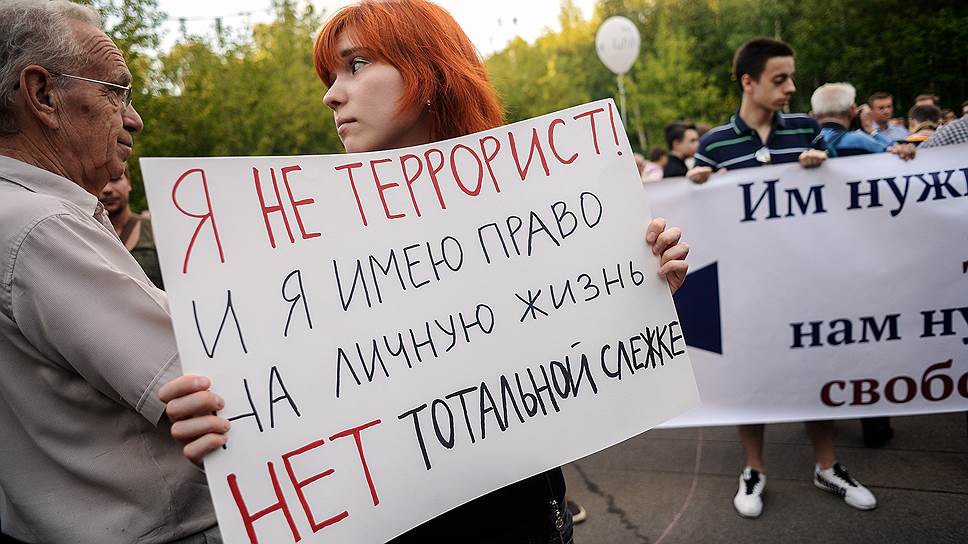
Actual news
At the moment, the government is actively discussing the process of introducing all points of the bill. The stumbling block is the storage of user data. According to preliminary estimates, the cost of implementing the Spring Law for telecommunications companies and telecom operators will amount to about 5 trillion rubles.
In January 2018, the Ministry of Communications and Communications announced that it would be possible to reduce the cost to 100 billion rubles, but subject to finalization of the project. They want to remove the history of online video and torrent downloads from the list of data for storage. Due to the reduction in the amount of data, the need for large storage will disappear.
Mobile operators are pushing for even bigger changes. Representatives of the companies say that it is worth storing only voice calls and messages, otherwise the implementation of the law will lead to a significant increase in the cost of communication. This item is not yet fully ready for implementation. Now around the Yarovaya law on data storage there is heated discussion and heated debate. To realize it, most likely, you still have to slightly weaken certain points.
How the law works in practice
A year has passed since the introduction of the Spring Law, the main mechanisms of the project have been considered, which means that you can already look at how the amendments work in practice. The most widely debated and sad case was the murder of Andrei Karlov, a Russian diplomat in Turkey. On December 19, 2017, a terrorist shot and killed a Russian ambassador at a photo exhibition in Ankara. The killer shouted Islamic slogans and threatened weapons to visitors to the event. The criminal called it revenge for the actions of the Russian Federation in Syria. On the occasion of the murder of the Russian ambassador, a case was opened under the article “the commission of an act of international terrorism”, which was introduced by the amendments of Spring.
An article on missionary work has proven itself several times over the previous year.The most famous event is the detention of D. Ugay (pictured). An administrative hearing was launched against him regarding a lecture on yoga. The young man was not blamed for the lecture itself, but for the propaganda of Hinduism. But the court decided to terminate the proceedings.
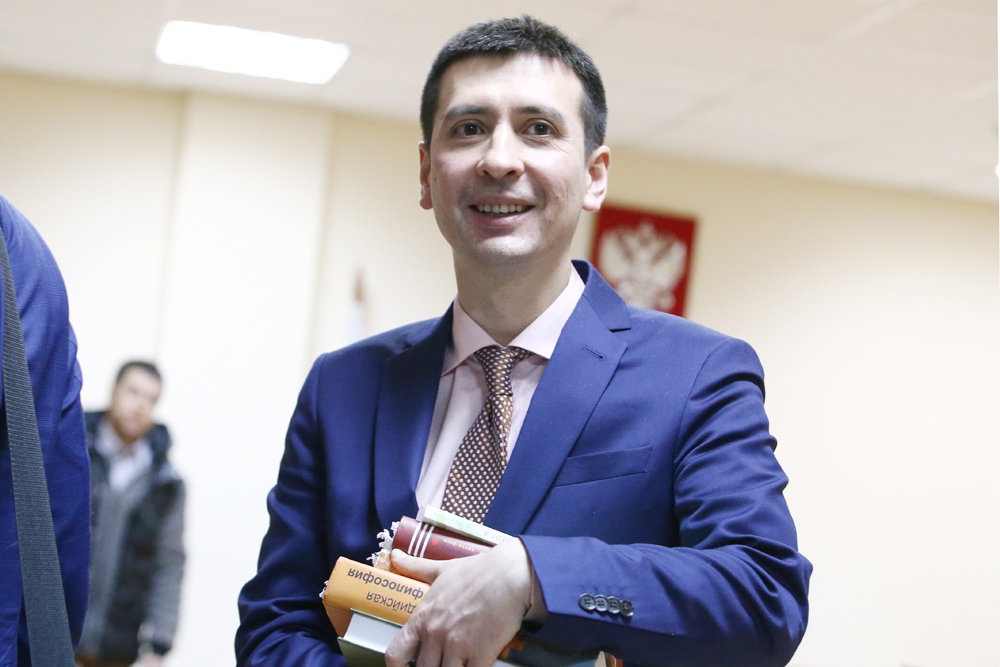
These are the most discussed cases in the media and society in the implementation of the Spring Law. What is it? In simple words, this means that the amendments work and give certain results. True, there are still several flaws. The question of the positive or negative effect of the project is completely subjective.
Information Security
So is Yarovaya’s law (the text of the law in simple words presented above) an attempt on the information security of an individual or not? This question still causes heated debate between supporters and opponents of the introduction of amendments. Of course, the telephone conversations of an individual citizen should be personal, should not be tapped by anyone except the interlocutor at the opposite end of the wire. But the negotiation data will not be tapped. They will simply be stored on the servers of a telecommunications company and will be required by structures only if the citizen is suspected of complicity or involvement in terrorist activities.
Spring package has both weaknesses and strengths. Some flaws can be interpreted and used in two ways to the detriment of citizens. Therefore, it is everyone’s personal business to choose which side of the barricades to be from. Proponents of the project will say that these are necessary measures in connection with the spread of the terrorist threat and the buildup of the power of extremist organizations (such as ISIS), which are banned in Russia. Opponents, however, are of the opinion that terrorists will find some way to circumvent all these restrictions, and the implementation of the bill will only increase the cost of communication and violate the right to privacy.
Both supporters and opponents of the Yarovaya package are right. In some ways, the law makes a significant contribution to the fight against terrorism, and in some ways it only harms the economy. But do not forget that some of the most important points of the project are still being discussed.
Analogs of the Spring package
In the European Union, a directive of the European Commission was in force from 2006 to 2014, providing for the storage of data for at least six months. In 2014, the directive was repealed, and the issue was further regulated by national governments.
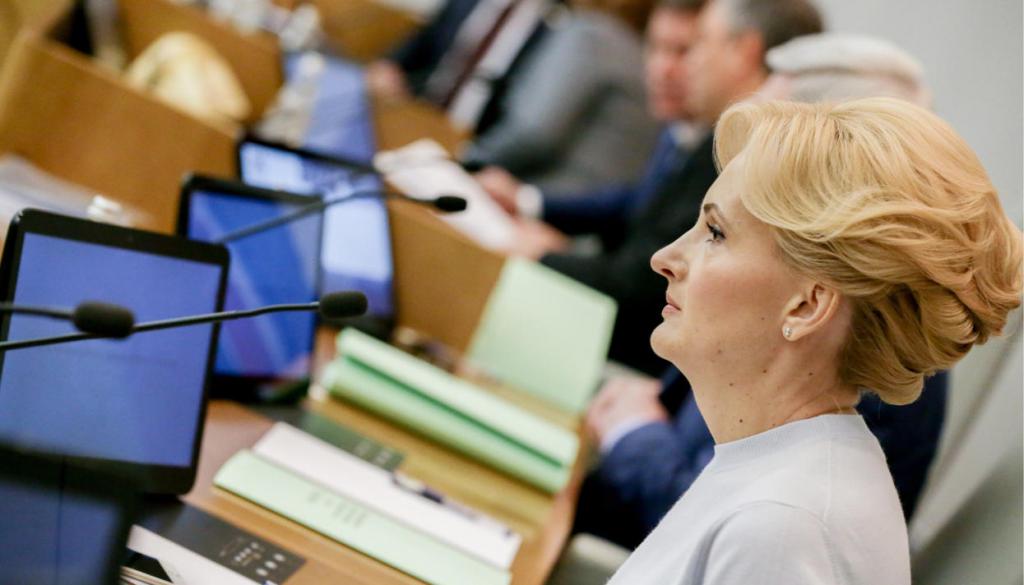
In the UK, a law was passed in 2014 requiring operators to store user data. True, the act was soon challenged in a court of the European Union. Experts then estimated that the cost of introducing such a project would be about 180 million pounds (about 15 trillion rubles). However, the largest telecommunications company in the United Kingdom (32% of the market for mobile operators) believes that this amount will cost innovations only for it alone.
In Germany, operators must store data for six months, and in 2016 the government introduced provisions that reduced this period to ten weeks. In addition, the list of cases in which law enforcement agencies may require this information was significantly reduced.
In Australia, carriers store subscriber data for the past two years. With a population of 23 million, this cost 400 million Australian dollars (18 trillion Russian rubles), and operating expenses amounted to four dollars per subscriber per year. The government reimbursed the costs of introducing innovations and creating the necessary infrastructure, but they charge operating costs from subscribers.
In 2013, the infamous intelligence officer Edward Snowden told reporters that the National Security Agency of the United States has developed an information system that can collect any information about subscribers over telecommunication networks.Experts say the NSA recorded more than 1.7 billion conversations and messages daily, and also made about five billion records of the whereabouts of phone owners around the world, not just in America itself. Of course, the government did not inform citizens about this.
